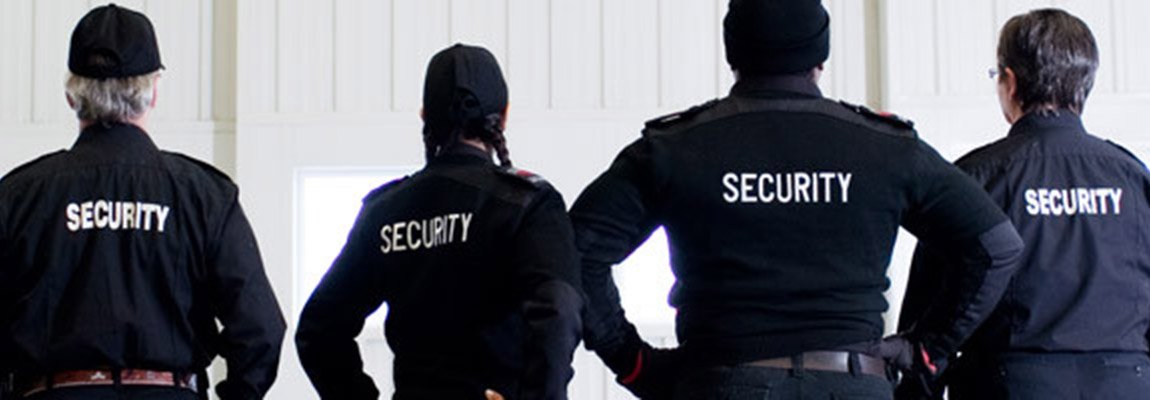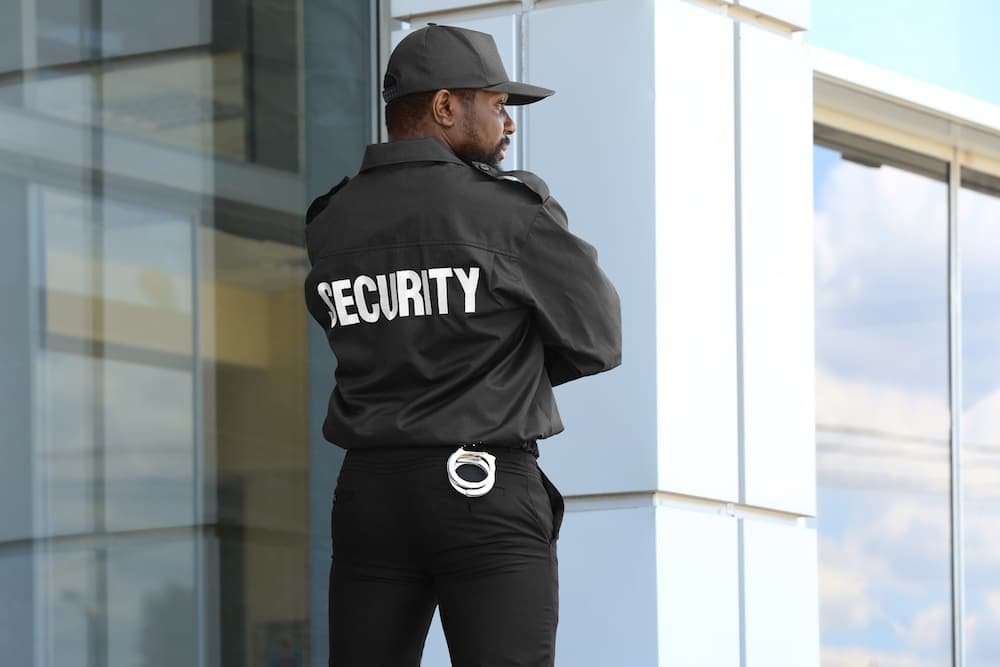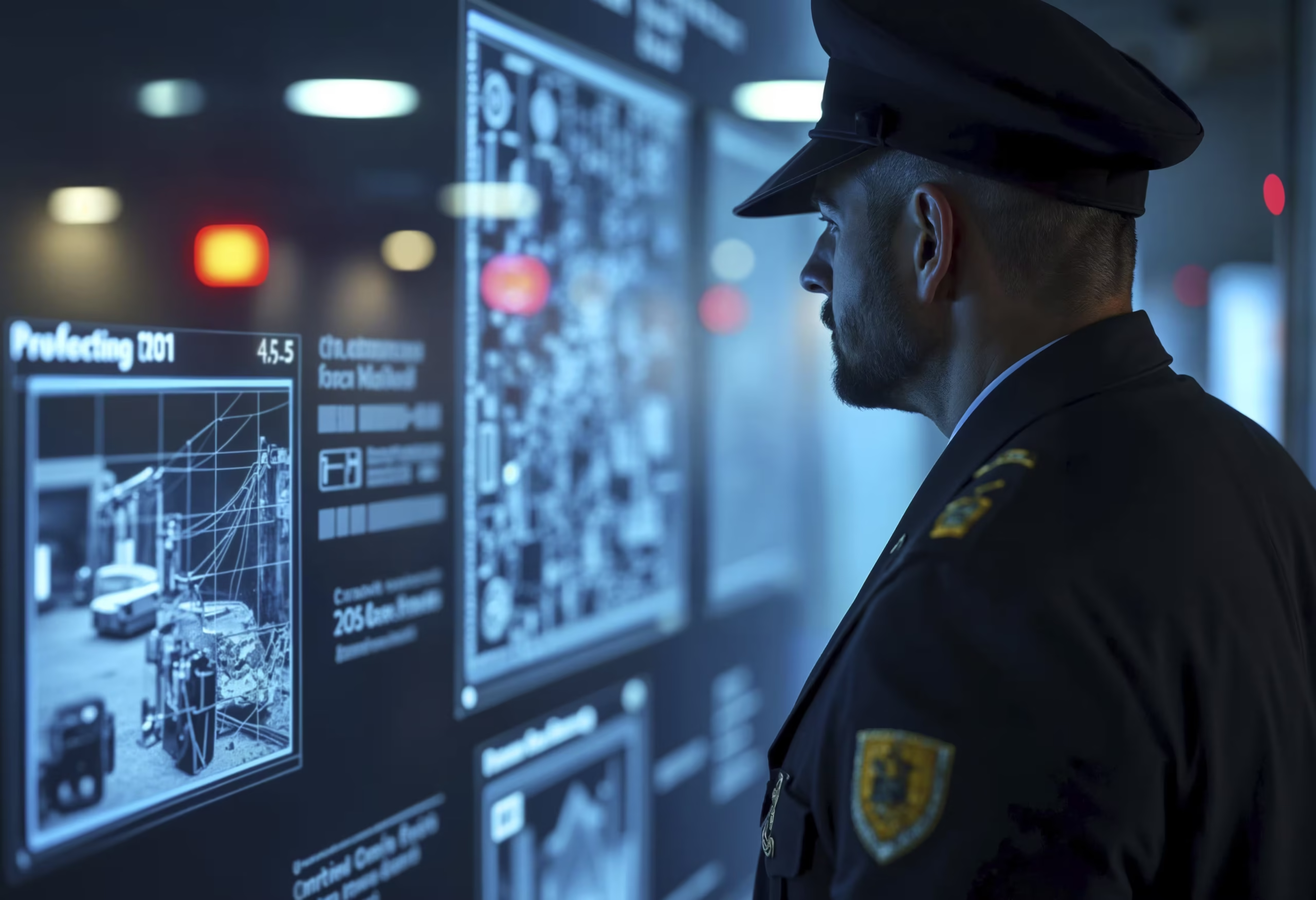Staying compliant with fire safety laws in New York City isn’t optional. Whether you manage a residential building, oversee construction, or plan public events, you need to understand the fire safety requirements that apply to your property. One regulation many property owners overlook—until it’s too late—is the legal obligation to have certified fireguard services in place when certain risks are present.
If you’re not familiar with NYC fireguard regulations, you’re not alone. Many people assume that working sprinklers or fire alarms are enough. But under specific conditions, the FDNY mandates on-site fireguards, and failure to comply can lead to serious legal and financial consequences.
Why Fireguards Are Legally Required in NYC
A fireguard is not just a precaution; it’s a requirement under NYC fire safety law when normal protection systems are impaired or when the environment creates an increased risk of fire. That includes situations where the fire alarm or sprinkler system is down, even temporarily. It also includes active construction or demolition sites, buildings undergoing hot work like welding or cutting, and large public events where fire safety must be monitored in real time.
Unlike general maintenance staff or security guards, a fireguard must be trained and certified by the FDNY. They hold a Certificate of Fitness specific to the type of environment they’re monitoring. For example, if your fire system is out of service, you need someone certified under F-01. For construction sites, an F-02 certification is typically required. Public assembly spaces or events may require an F-03 or F-04 certification, depending on the size and setup.
The rules are precise, and there is no wiggle room. If your fireguard doesn’t have the proper certification for the specific risk involved, you’re not compliant—even if they are on-site.
Common Compliance Mistakes That Trigger Violations
Many property managers and business owners in NYC make costly assumptions when it comes to fireguard coverage. One of the most common mistakes is underestimating the scope of coverage required. For example, if your sprinkler system is shut off overnight for repairs, you are required to have a certified fireguard during that time—even if the repair is temporary. Assuming short-term issues don’t require fireguard services is a fast track to violations.
Another frequent issue is assigning the fireguard role to an employee or contractor who lacks the proper FDNY certification. This might seem like a cost-saving move, but it leaves you completely exposed during an inspection. The FDNY checks certification credentials during routine and surprise visits, and violations are rarely overlooked.
Expired certifications are another hidden trap. Just because someone was certified once doesn’t mean they’re currently qualified. All FDNY Certificates of Fitness must be renewed on schedule. If they lapse, you’re out of compliance the moment that credential expires.
Some sites also overlook the need for overnight or weekend coverage. If your construction site or building presents continuous risk—especially if systems remain down after hours—you may be required to maintain fireguard presence around the clock.
Finally, public events held in commercial or residential buildings often trigger fireguard requirements without anyone realizing it. Temporary gatherings like pop-up markets, private events, or film shoots may require licensed fireguards depending on occupancy levels and equipment used. If you’re unsure whether your event qualifies, it’s best to ask before assuming.
Why Compliance with NYC Fireguard Regulations Matters
There’s more at stake here than just avoiding fines. The purpose of NYC fireguard regulations is to ensure there is a trained professional on-site who can recognize and respond to fire hazards before they become emergencies. In a city where buildings are tightly packed and fire can spread quickly, this protection isn’t just about your property—it’s about the people inside it.
The FDNY enforces these rules with precision. Fines for non-compliance can range into the thousands of dollars per incident. In some cases, inspectors can halt work, evacuate a building, or suspend occupancy permits. Insurance companies may deny claims if they find that fireguard requirements were ignored, especially in cases involving property damage or injury.
Compliance also shows tenants, customers, and inspectors that you take fire safety seriously. It strengthens your reputation and reduces long-term liability.
What to Expect from a Certified Fireguard Service
A professional fireguard service should go beyond just putting someone on-site. They should understand NYC fireguard regulations thoroughly and help you determine what level of coverage your site requires. This includes identifying the right certification for your situation, maintaining proper logs and documentation, and ensuring that coverage remains consistent—even during holidays, overnight hours, or periods of increased risk.
You should expect transparency, reliability, and communication. If an inspection occurs, your fireguard should be prepared to present credentials and logs that show full compliance with FDNY regulations. Anything less puts your property at risk.
When you work with an experienced team, you’re not just checking off a requirement. You’re getting a partner who helps you navigate the city’s complex fire safety environment and keeps your project or property running smoothly.
If you’re preparing for an inspection, undergoing repairs, or starting a new project, now is the time to act.
Book certified fireguard services before your next inspection and avoid unnecessary violations or delays.
You can schedule services or learn more at Asset Protection Group’s Fireguard Services.
Final Thought: Don’t Wait for an Inspection to Get Compliant
Many of the fire-related violations issued in NYC each year are preventable. With the right fireguard coverage, you can meet legal requirements, protect your investment, and most importantly, ensure the safety of everyone in your building or on your site.
If you’re unsure whether fireguard services apply to your situation, it’s better to get a clear answer now than to find out during an inspection. The FDNY won’t wait until you’re ready—and once a citation is issued, correcting the issue usually costs more than preventing it would have.
Don’t wait for a violation to force your hand. Make sure your fire safety plan includes properly certified fireguards and partner with professionals who know what NYC compliance actually takes.
For expert guidance and certified coverage that meets NYC fireguard regulations, book your service today.





